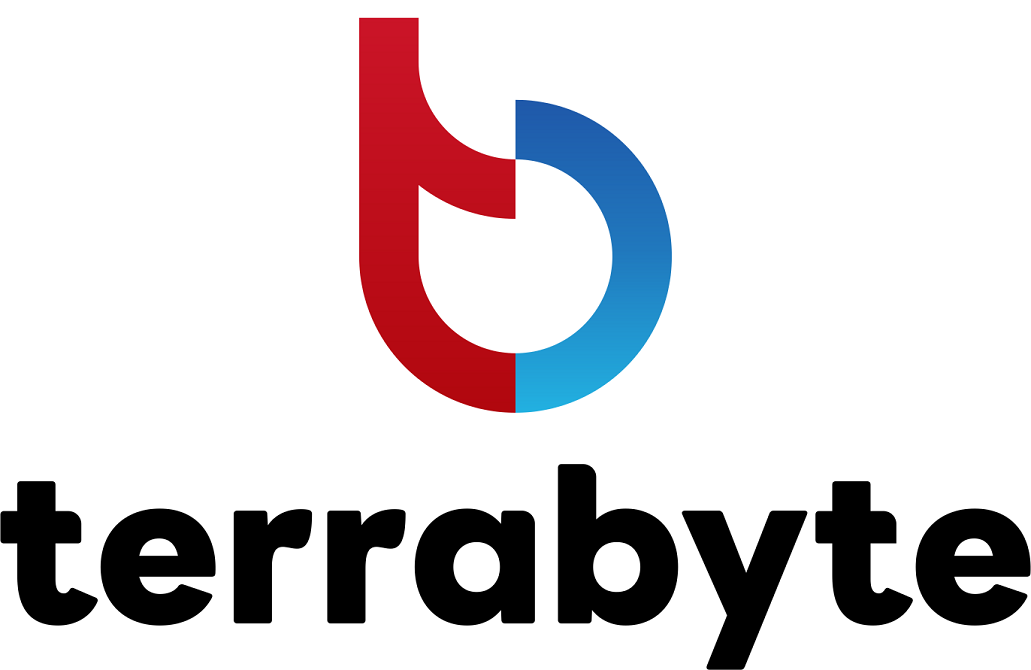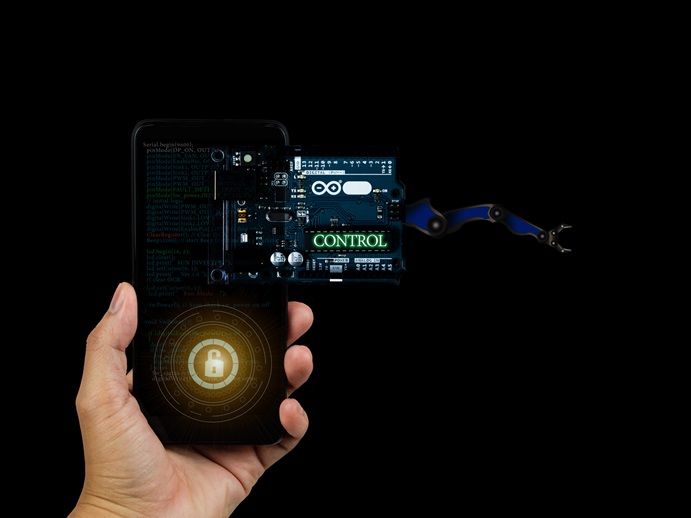In the ever-evolving landscape of cybersecurity threats, drive-by download attacks represent a significant risk. These attacks occur when malicious software is downloaded and installed on a user’s device without their knowledge or consent, often simply by visiting a compromised or malicious website. Understanding what drive-by download attacks are, how they happen, and how to prevent them is crucial for maintaining a secure digital environment.
What is a Drive-By Download Attack?
A drive-by download attack is a type of cyberattack where malicious code is automatically downloaded to a user’s device without their consent. This can happen merely by visiting a compromised website or viewing an infected advertisement. Unlike other forms of malware distribution, drive-by downloads do not require user interaction, such as clicking on a link or downloading a file.
How Drive-By Download Attacks Happen
Drive-by download attacks typically occur through the following steps:
1. Compromised Websites: Attackers identify and exploit vulnerabilities in legitimate websites, injecting malicious code that targets visitors.
2. Malvertising: Cybercriminals create malicious advertisements that can appear on legitimate websites. These ads contain code that initiates the drive-by download.
3. Exploiting Vulnerabilities: When a user visits the compromised site or views the malicious ad, the injected code scans the user’s device for vulnerabilities, such as outdated software or plugins.
4. Automatic Download: Once a vulnerability is found, the malicious code automatically downloads and installs malware on the user’s device. This can include keyloggers, ransomware, or other types of malware.
Real Case Study: The Magnitude Exploit Kit
A notable example of drive-by download attacks is the Magnitude Exploit Kit, which has been used to distribute ransomware and other malware. In 2016, Magnitude targeted users in South Korea, exploiting vulnerabilities in Internet Explorer and Flash Player. Users who visited compromised websites were silently redirected to malicious sites hosting the exploit kit, which then downloaded and installed Cerber ransomware on their devices. This attack highlighted the effectiveness of drive-by downloads and the need for robust preventive measures.
How to Prevent Drive-By Download Attacks
Preventing drive-by download attacks involves a combination of technical measures and user awareness:
1. Regularly Update Software: Ensure that all operating systems, browsers, and plugins are kept up to date with the latest security patches. This minimizes vulnerabilities that attackers can exploit.
2. Use Security Software: Install and maintain comprehensive security software that includes features like real-time scanning, intrusion prevention, and web filtering.
3. Disable Unnecessary Plugins: Deactivate or remove browser plugins and extensions that are not needed, as these can be exploited by attackers.
4. Use Ad Blockers: Implement ad blockers to prevent malicious advertisements from loading and executing code on your browser.
5. Educate Users: Train users to recognize suspicious websites and the importance of keeping their software updated. Encourage them to avoid clicking on unfamiliar links or ads.
Terrabyte: Your Solution to Combat Drive-By Download Attacks
Terrabyte offers a comprehensive suite of cybersecurity services designed to protect your organization from drive-by download attacks and other cyber threats. Our solutions include advanced threat detection, secure browsing practices, and user education to ensure your systems remain secure.
Terrabyte’s offerings include:
– Advanced Threat Detection: Real-time monitoring and analysis to identify and respond to suspicious activities indicative of drive-by download attacks.
– Secure Browsing Practices: Implementation of security measures like web filtering and ad blocking to prevent malicious code execution.
– Regular Security Audits: Conducting thorough security assessments to identify and mitigate vulnerabilities within your IT infrastructure.
– Incident Response Planning: Developing and regularly updating incident response plans to ensure quick and effective action when an attack occurs.
– User Training Programs: Educating your team on the latest cybersecurity threats and best practices for maintaining digital security.
By partnering with Terrabyte, you can fortify your defenses against drive-by download attacks and ensure the integrity and security of your digital assets.
Conclusion
Drive-by download attacks pose a significant threat by silently compromising systems through everyday web browsing activities. Understanding how these attacks occur and implementing robust preventive measures is essential for any organization. Terrabyte stands ready to provide the necessary tools and expertise to defend against these cyber threats and protect your digital environment.
For more information on how Terrabyte can help secure your organization, click button below





